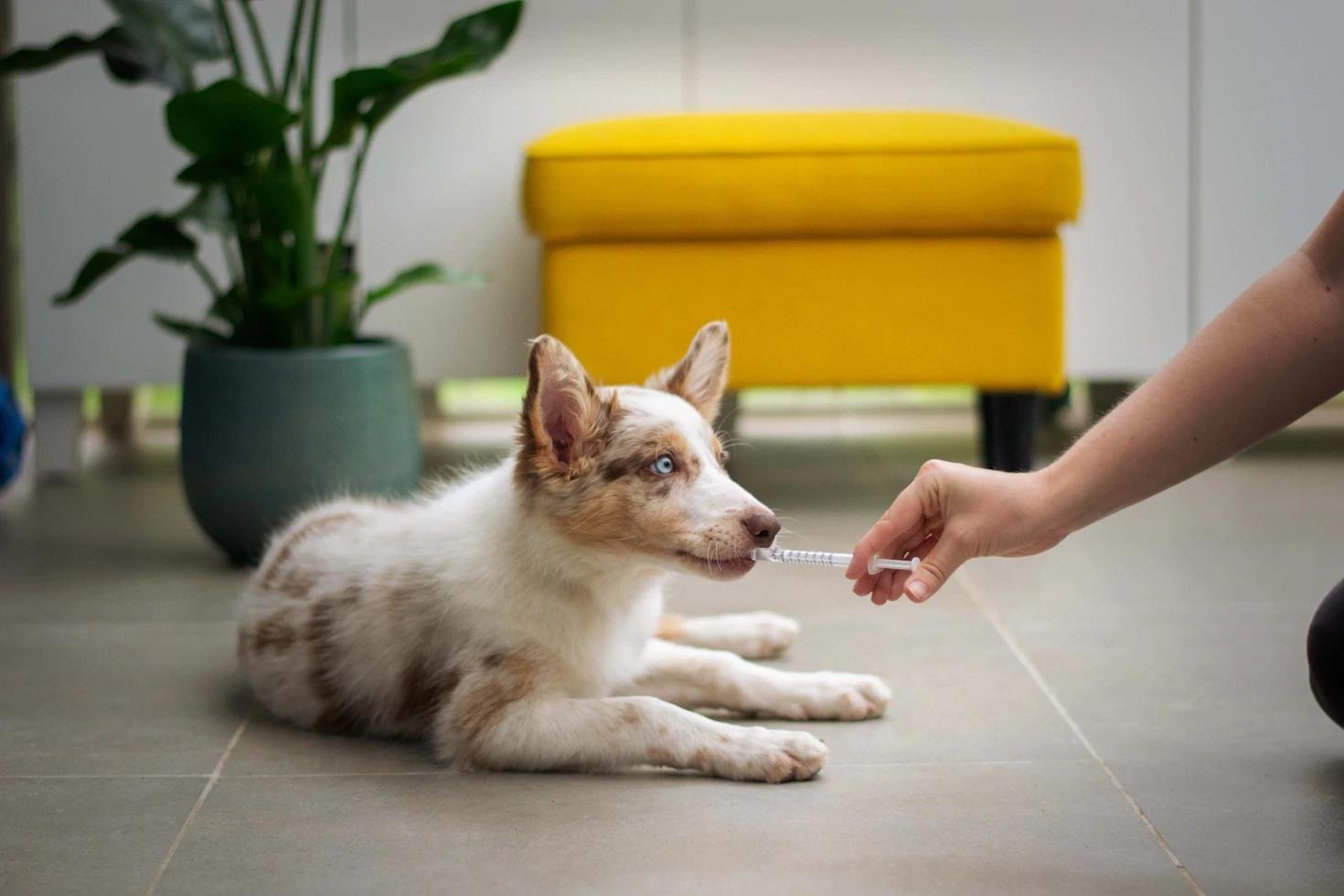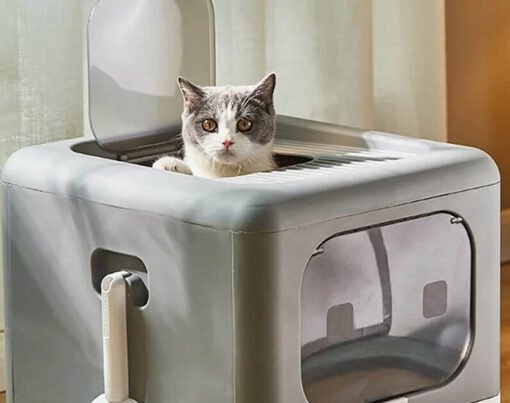The pet industry has experienced rapid growth over the years, with more and more people honoring their furry friends as vital members of the family. As a result, the demand for pet care and services has increased, creating a multitude of opportunities for individuals interested in joining the pet industry. However, to excel in this field, one must possess the necessary education and training.
This article will explore the education and training required to pursue a career in the pet industry, highlighting the importance of knowledge and skills in providing quality care for our beloved companions.
Table of Contents
Knowledge of Behaviour
One of the fundamental aspects of working in the pet industry is understanding animal behavior and psychology. To effectively communicate and care for animals, it is crucial to have a deep understanding of their needs, emotions, and behavioral patterns. Pursuing a degree in animal behavior or ethology would provide aspiring professionals with a solid foundation in these areas. These programs typically cover topics such as animal learning, cognition, communication, and the influence of genetics and environment on behavior.
Through academic coursework, students acquire the knowledge necessary to interpret animal behavior, recognize signs of distress, and implement appropriate training techniques. An education centered around animal behavior ensures that professionals can accurately assess and address behavioral issues, ultimately improving the lives of both pets and their owners.
Health and Care
In addition to understanding animal behavior, it is essential to have a comprehensive knowledge of animal health and care. Veterinarians play a vital role in the pet industry, providing healthcare and preventive services to ensure the well-being of animals. Therefore, a solid foundation in biology, anatomy, physiology, and pathology is necessary. Aspiring veterinarians must complete an undergraduate degree focused on the sciences, followed by a Doctor of Veterinary Medicine (DVM) degree.
This extensive training provides individuals with the skills and expertise needed to diagnose and treat illnesses, perform surgeries, and advise pet owners on preventive care. Veterinary technicians also play a crucial role in animal care, assisting veterinarians in providing medical treatments and administering proper care. These technicians typically pursue an associate degree in veterinary technology, which focuses on animal anatomy, pharmacology, radiology, and patient management.
Work Experience
Apart from formal education, practical experience and hands-on training are invaluable in the pet industry. Many universities or colleges offering animal science or veterinary programs provide students with opportunities for internships or cooperative work experiences. These experiences allow students to apply their knowledge in real-world settings, gaining practical skills and developing a deeper understanding of the industry. Additionally, volunteering at animal shelters, rescue centers, or veterinary clinics can be an excellent way to gain hands-on experience while making a positive impact in the community. These experiences not only improve technical skills but also demonstrate dedication and commitment to potential employers.
Expert Training
Moreover, various certifications and specialized training programs further enhance an individual’s credibility and expertise in the pet industry. For example, professional dog trainers can pursue certifications from respected organizations such as the Certification Council for Professional Dog Trainers (CCPDT) or the International Association for Animal Behavior Consultants (IAABC). Any certifications in the pet industry job training demonstrate a trainer’s proficiency in positive reinforcement training techniques and their commitment to ongoing education. Similarly, pet groomers can obtain certification from organizations such as the National Dog Groomers Association of America (NDGAA) or the International Professional Groomers (IPG). These certifications validate the groomer’s skills in areas such as bathing, grooming techniques, animal handling, and safety.
Additional Qualifications To Consider Obtaining
The educational qualifications required to work in the pet industry can vary depending on the specific role or job position. Here are some common educational qualifications for different roles in the pet industry:

Pet Groomer
A high school diploma or equivalent is generally the minimum requirement. However, some animal grooming schools offer specialized programs or certificates in pet grooming, which can improve job prospects.
Veterinary Assistant
A high school diploma or equivalent is typically required. Some employers may prefer candidates with post-secondary training programs, such as veterinary assistant certification courses or associate degrees in veterinary technology.
Veterinary Technician
Most states require a veterinary technician to have completed a two-year associate degree program accredited by the American Veterinary Medical Association (AVMA). Some states may also require passing a licensing exam or completing an internship.
Pet Trainer
While there are no strict educational requirements, certification programs in dog training or animal behavior can enhance job prospects. Many trainers also gain practical experience through apprenticeships or working under experienced trainers.
Pet Store Employee
A high school diploma or equivalent is usually sufficient for entry-level positions in pet stores. However, specialized knowledge in animal care, nutrition, and customer service can be advantageous.
Animal Shelter Worker
Most positions require a high school diploma or equivalent. Experience working with animals, either through volunteering or completing programs related to animal care and welfare, may also be beneficial.
Animal Nutritionist
Typically, a bachelor’s degree in animal science, biology, or a related field is required for entry-level positions. Advanced positions may require a master’s or doctoral degree with a specialization in animal nutrition.
It’s essential to note that requirements can vary depending on the employer and the specific role within the pet industry. Employers might also prioritize hands-on experience, practical skills, and a genuine passion for animals.
The pet industry offers a wide range of career opportunities, all of which require specific education and training. Understanding animal behavior, health, and care is essential to provide quality services and ensure the well-being of our beloved pets. Pursuing higher education in animal behavior or veterinary medicine equips individuals with the knowledge needed to interpret and address behavioral or medical issues. Additionally, practical experience gained through internships or volunteering is invaluable in developing hands-on skills. Finally, obtaining certifications from reputable organizations further enhances an individual’s credibility and expertise in their respective field. By obtaining the necessary education and training, one can embark on a fulfilling career in the pet industry, making a positive impact on the lives of animals and their owners.










